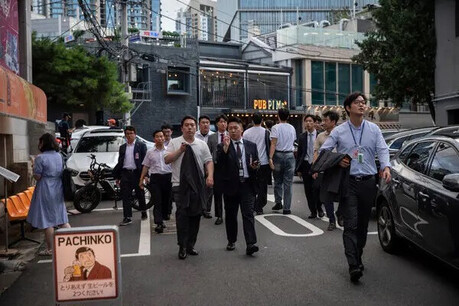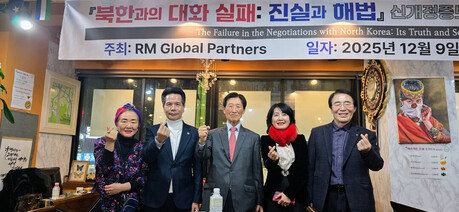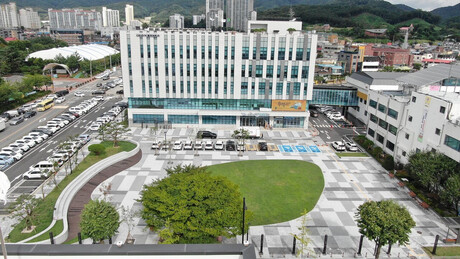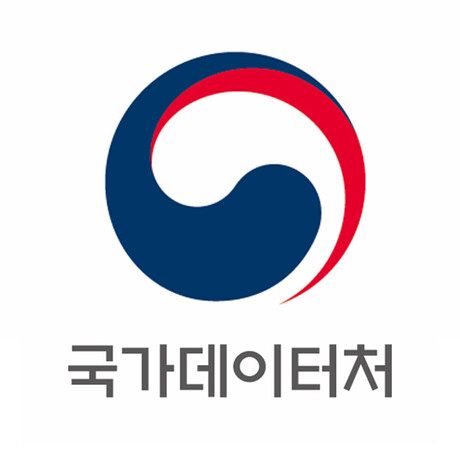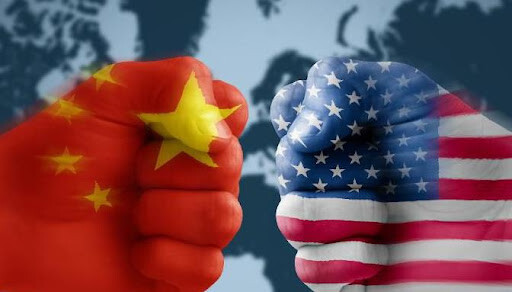
BUENOS AIRES – As Argentina extends its currency swap agreement with China to resolve its chronic foreign currency shortage, the competition for influence between the United States and China surrounding the major South American nation is intensifying from mere economic cooperation to a strategic tug-of-war.
On April 10th, the Central Bank of Argentina (BCRA) officially announced that it had agreed with the People's Bank of China to extend the 35 billion yuan (approximately 6.8 trillion won) currency swap agreement until mid-2026. This is seen as a crucial measure to secure short-term liquidity for Argentina, which is facing a shortage of foreign exchange reserves. According to local media La Nacion, if the swap agreement had not been reached, Argentina would have faced pressure to repay approximately $5 billion in debt starting in June.
However, this extension of the currency swap raises concerns about Argentina's deepening economic dependence on China. As of April 8th, Argentina's foreign exchange reserves stood at around $24.6 billion, but according to an analysis by the economic research institution GoGo, about 70% of this is composed of the currency swap with China, effectively estimating the real usable foreign exchange reserves to be a negative $12 billion.
In response to this situation, the United States has openly engaged in containment. On April 3rd, the U.S. Assistant Secretary of State for Western Hemisphere Affairs, Mauricio Claver-Carone, publicly stated that "IMF funds should not be used to maintain the swap with China," strongly urging Argentina to liquidate the currency swap in order to break free from China's influence.
The U.S. pressure had an immediate effect. Argentina secured a commitment of $20 billion in new funding from the IMF, of which $12 billion is expected to be disbursed as a priority this month. While this is expected to provide short-term relief to the Argentine economy, it is also analyzed that the country has simultaneously fallen under U.S. influence. This is why there are assessments that Argentina can no longer independently maintain its relationship with China.
The Chinese Foreign Ministry immediately responded to the U.S. remarks, emphasizing that "the currency swap is an agreement welcomed by Argentina, and China has contributed to the financial stability of the region."
Local Argentine media point out that this situation is a case where the political intentions of major powers are openly revealed. The United States is using IMF support as leverage to force a U.S.-centric diplomatic path, while China is trying to expand its long-term influence over Argentina through the already established economic dependence. Infobae described Argentina as being "caught in the middle" of the US-China trade war, depicting its current situation of not being able to take a clear diplomatic stance as an "isolated choice."
Experts analyze that Argentina's dilemma is a microcosm of the US-China hegemony competition unfolding in the South American region. As countries facing economic difficulties become dependent on China's economic support, the influence of the United States is weakening, and the United States is employing a strategy of simultaneously providing economic support and exerting political pressure to counter this trend.
The future diplomatic moves of Argentina and how the US and China will expand their influence in the South American region remain to be seen. Argentina's case is evaluated as clearly showing the reality of developing countries that are struggling between economic benefits and the political pressure from major powers.
[Copyright (c) Global Economic Times. All Rights Reserved.]

















